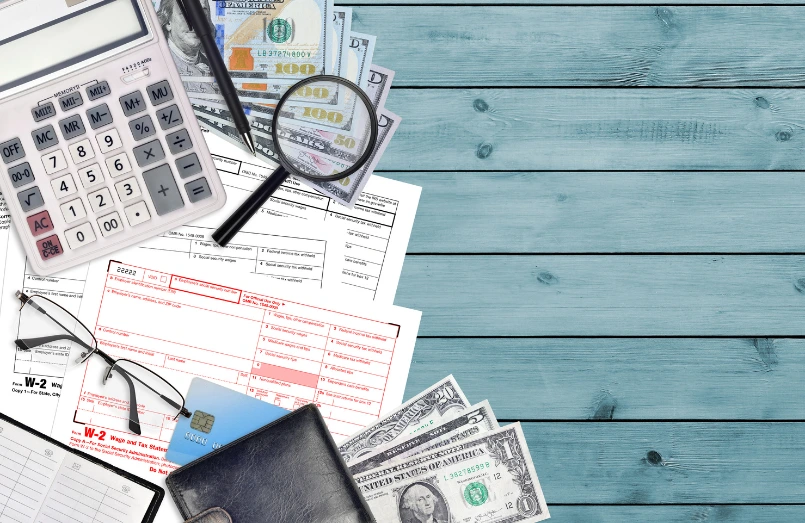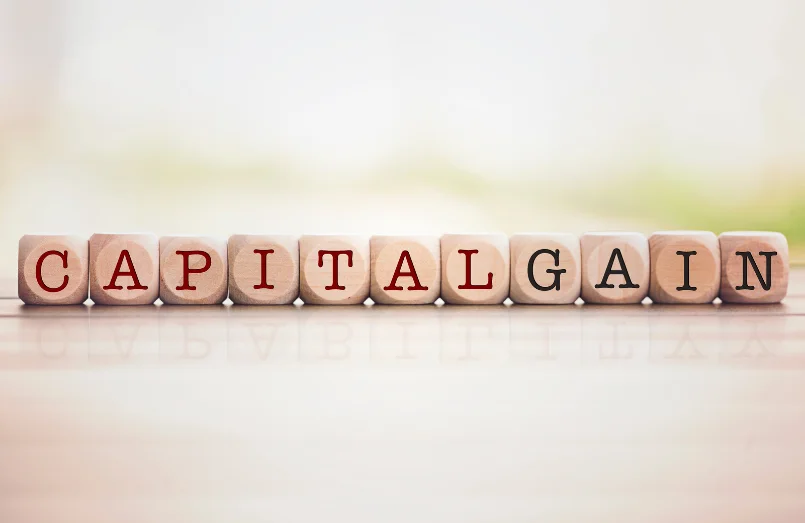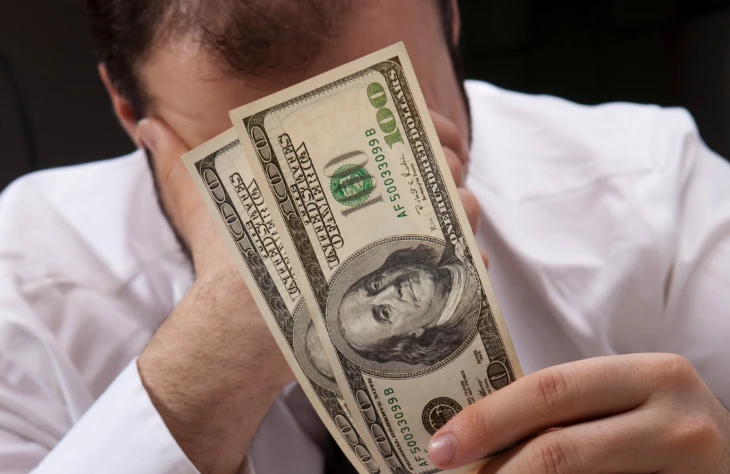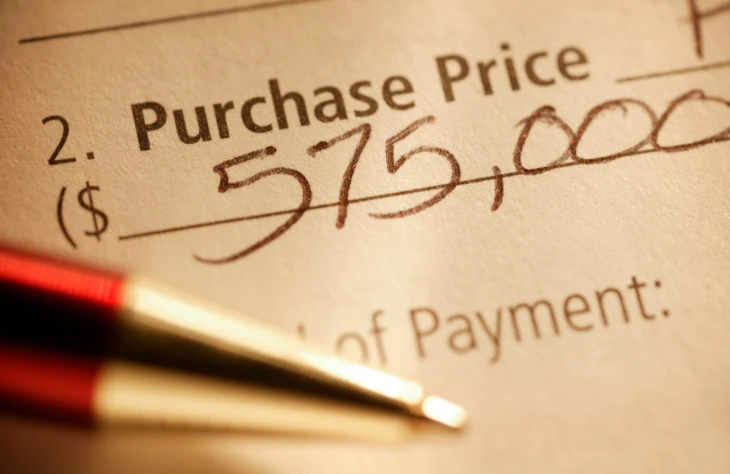Selling a Business Taxes in the U.S (Virginia Included)

When you sell a business, it means you are selling your income. So, you have to pay tax on selling a business. The deal can decide how much the sale process goes on taxes. Sellers usually want the sale of business assets to save on taxes. The tax side of selling a business in Virginia has many parts and you have many options as a seller. Some choices have their restrictions by internal revenue service. So, you should know the tips for selling a business free.
Let’s discuss all about business selling, capital gain and different business tax considerations.
How is the Sale of a Business Taxed?
Firstly, you should be aware that the sale of the business is not the sale of a single asset; instead, all of the business assets are considered if they are sold. After considering the assets, it matters how business sales are taxed. You can sell assets as ordinary income or for long-term capital gains. Both terms have different tax implications. When you sell an asset that you have more than twelve months, it is treated as long-term capital gains. The tax rate value on capital gains for many taxpayers is generally 15%. On the other hand, the assets that are treated as ordinary income are taxed at individual rates. Nowadays, the federal income tax rate is 37% which is more than twice high as the tax rate of long-term capital gain.
What is Capital Gain?

Capital gain is a profit from an investment and it can be capital loss or gain. When we consider the tax when selling a business, a capital gain is a difference between the sale price and the original cost. The capital gain can be affected by asset depreciation. In addition, the capital improvement cost can also affect the net profit. For example, you bought a company for $200,000 and spent an additional amount of $100,000. If the current value of your company is $350,000 then there is a capital gain of $50,000. For capital loss, the purchase price of the business is $250,000 with a $50,000 loss. Generally, selling a business taxes is based on the capital gain. The capital gain tax rate may be the same as the amount that you pay on ordinary income taxes.
What is the Capital Gains Tax on Selling a Business?
When selling a business, business sellers usually ask about selling a business’s taxes. They want to know if they need to pay the tax and how much tax they have to pay. To know your tax liabilities, you need to understand the capital gains tax rate on selling a business. It is the amount of tax applied on the profit made from selling a business, not the total received amount from the sale. For instance, if you sell your business for $300,000, but the acquired price of it was $230,000, the total gain will be $70,000. So the capital gain tax will be applied to the $70,000 gain that is the amount your business has increased in value since its purchase. The annual exemption for this tax rate is $12,300 for the year 2022; moreover, when you want to sell your business, you can get tax relief through “Business Asset Disposal Relief”.
Who Pays Sales Tax when Selling a Business?

The business seller has to pay sales tax from the capital gain tax. Each state has its own rules, and it is significant for small business owners to know what rules apply to the business because you can only sell your business in Virginia online by paying sales tax. On the other hand, it is the buyer’s responsibility to prove eligibility for exemption by showing a valid certificate. Furthermore, you have to check state rules in seeking the exemptions as these are based upon the type of property.
How to Avoid Tax on the Sale of a Business?
Avoiding taxes for selling a business is a job for experts; therefore, you need to consult with professionals before selling your business. They can save your money and help to make strategic decisions. You need to follow some strategies such as:
Installment Sales

If you feel your taxes are higher, the installment sale could be helpful to lower the capital gains tax rate on selling a business.
Long-Term Gain Rates

If the life of your business services is less than one year, you should qualify for long-term capital gain rates. It would save you from extra tax when selling a business.
Purchase Price Allocation

The capital gain tax rate is lesser than the tax rate on ordinary income. The process of purchase price allocation would be beneficial to avoid sales taxes.
How much is a Tax on Selling a Business in Virginia State?
In general, all sales in Virginia are subjected to Virginia sales tax. The tax rate in most of the locations in Virginia is 5.3%. The business dealing with food for home consumption and other personal hygiene items are taxed at a rate of 2.5%; however, the general sales tax rate varies from region to region. On average, you need to pay 5 to 6% tax for selling a business.
The Bottom Line
The tax on selling a business depends on the type of business you want to sell. It usually depends on whether it’s a partnership, sole proprietorship, corporation or LLC. It also depends on the type of entity buying the business. Before selling a business, you need to understand the tax effect of your decision. Working with experts can help you navigate complicated scenarios. In addition, they can help you in finding strategies to reduce tax amounts. Always consult an expert broker or a guide for selling a business before selling a business in US especially Virginia.
